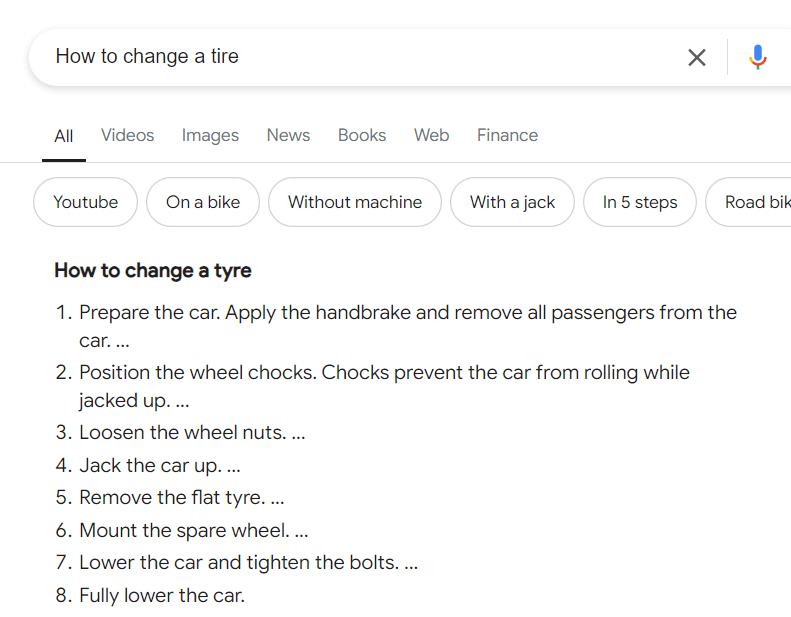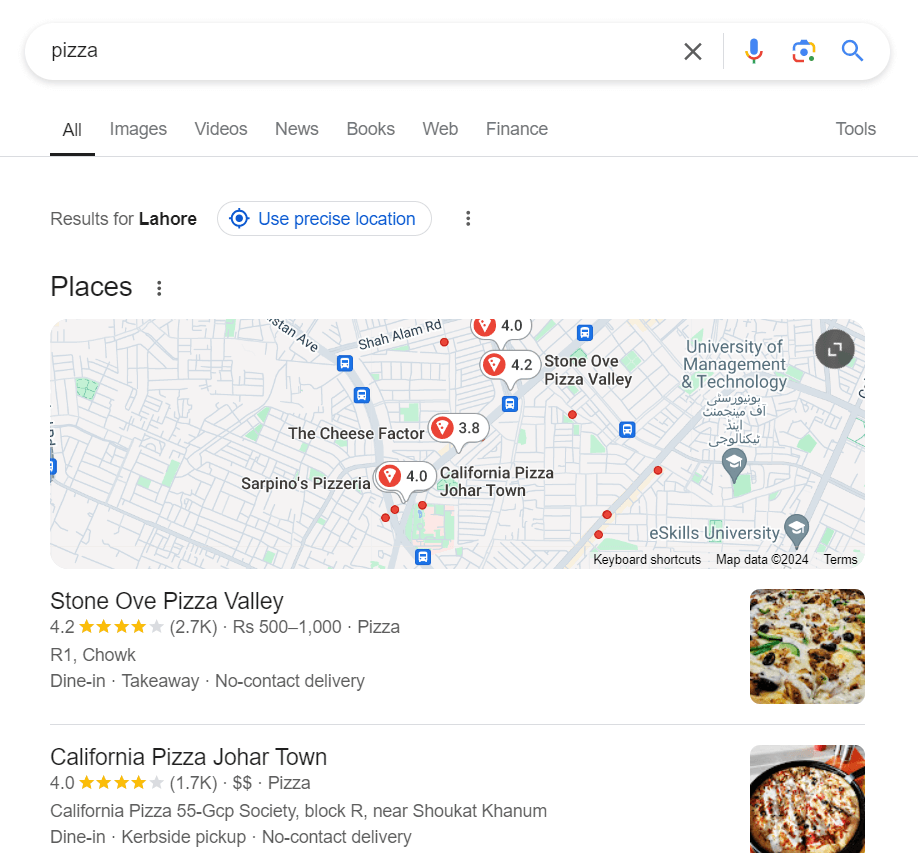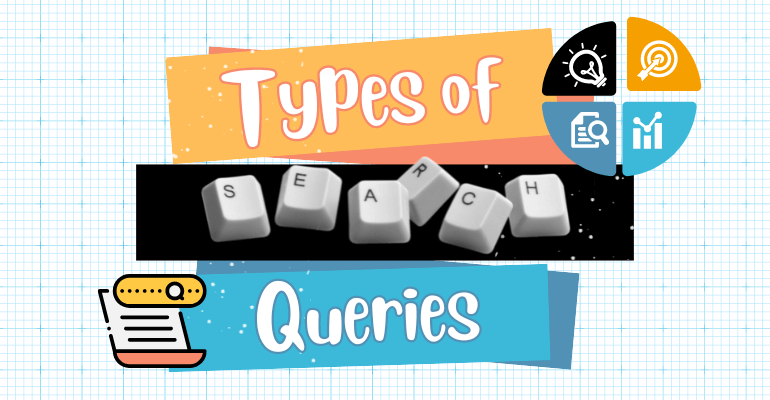Understanding user intent is crucial for successful search engine optimization (SEO). When users search online, they have different goals, which are reflected in the types of search queries they use. For search marketers and search engines, determining user intent can be challenging but is key to delivering relevant results. This article will explore the different types of search queries, navigational, informational, transactional, and local, and the challenges they present.
The Challenge of Determining User Intent
Determining user intent is one of the most significant challenges for both search marketers and search engines. With the variety of search queries, including navigational, informational, transactional, and local, understanding what the user truly wants can be complex.
How Search Engines Handle Different Queries
Search engines use sophisticated algorithms to interpret the intent behind a search query. They analyze keywords, user behavior, and context to determine the most relevant results. For instance, if a user searches for "Apple," the search engine must decide whether the user is looking for information about the fruit or the technology company. This decision-making process involves machine learning, user data, and constantly updated algorithms.
Common Pitfalls
Despite advancements, search engines can still struggle with ambiguous or mixed-intent queries. For example, a query like "best places to eat" could be either informational or local, depending on the user's intent. If search engines misinterpret the intent, they might provide irrelevant results, leading to user frustration. For marketers, the challenge lies in predicting and catering to different types of intent, which often requires creating content that serves multiple purposes or optimizing for several potential outcomes.
Tips for Marketers
To effectively target user intent, marketers should:
- Use Specific Keywords: Tailor keywords to match the user's intent closely. For example, include action words for transactional queries and location-based terms for local searches.
- Optimize Content: Create content that directly addresses the user's needs, whether it's providing detailed information, facilitating a transaction, or helping them navigate to a specific website.
- Leverage Analytics: Use tools like Google Analytics to understand how users interact with content and refine strategies based on data-driven insights.
- Focus on User Experience: Ensure that websites and landing pages are user-friendly and that the path from search to action is clear and simple.
By understanding and anticipating user intent, marketers can create more effective campaigns, and search engines can deliver more accurate results, ultimately improving the user experience.

Navigational Queries
Navigational queries are search queries where the user is looking for a specific website or web page. The intent behind these queries is clear: the user knows where they want to go and is using a search engine to navigate there.
Definition
Navigational queries typically include the name of a brand, product, or website. For example, a user searching for "YouTube" or "Facebook login" is performing a navigational query. The goal is to find a direct route to a specific online destination.
Examples
Examples of navigational queries include:
- "Stitch Fix"
- "Gmail login"
- "Nike official site"
- "New York Times subscription"
Challenges for Marketers & Search Engines
For search marketers, the challenge with navigational queries lies in brand competition. If a user is specifically searching for a competitor's website, it can be difficult to divert their attention. Search engines face the challenge of ensuring that the top result is the most relevant, often showing the exact match as the first link. If they fail to do this, users might be frustrated by irrelevant results.

Informational Queries
Informational queries are searches made by users looking for information rather than a specific website. The intent behind these queries is to learn more about a topic, find answers to questions, or gather knowledge on a particular subject.
Definition
Informational queries are broad and often phrased as questions or include keywords like "how to," "what is," "best way to," or simply involve a topic of interest. Users performing these searches may be looking for articles, guides, videos, or any other form of informative content.
Examples
Examples of informational queries include:
- "How to change a tire"
- "What is user intent in SEO?"
- "Best ways to save money"
- "Symptoms of the common cold"
Challenges for Marketers & Search Engines
For marketers, the challenge is to create content that ranks well for informational queries while standing out in a crowded space. The goal is to provide comprehensive, high-quality content that answers the user's question effectively. For search engines, the challenge is to discern which content is most relevant and trustworthy, especially when multiple sources provide similar information. Ensuring that the top results satisfy the user's query can be difficult, especially with ambiguous or broad topics.
Transactional Queries
Transactional queries are search queries made by users who intend to complete a transaction, such as making a purchase, signing up for a service, or downloading something. These queries often indicate a strong commercial intent.
Definition
Transactional queries typically include action-oriented keywords like "buy," "order," "download," "subscribe," or "sign up." Users performing these searches are usually at the end of the buyer's journey and are ready to take action.
Examples
Examples of transactional queries include:
- "Buy iPhone 14 online"
- "Download Microsoft Office"
- "Order pizza near me"
- "Best laptop deals"
Challenges for Marketers & Search Engines
For marketers, the challenge with transactional queries is to ensure their offerings appear at the top of the search results. Competition is often fierce, and optimizing product pages, landing pages, or ads for these queries is critical. For search engines, the challenge lies in distinguishing between different vendors and services to present the best options. They must balance relevance with commercial considerations, ensuring that users find what they need without overwhelming them with ads.

Local Queries
Local queries are search queries where the user is looking for something within a specific geographic area. These queries are typically used to find nearby businesses, services, or places, and often include location-based keywords.
Definition
Local queries usually contain terms like "pizza", a city name, or a specific neighborhood. The intent behind these searches is to find something close to the user’s physical location, such as a restaurant, store, or service provider.
Examples
Examples of local queries include:
- "pizza"
- "Best coffee shop near me"
- "Plumber in Chicago"
- "Grocery stores open now"
- "Italian restaurants in San Francisco"
Challenges for Marketers & Search Engines
For marketers, the challenge with local queries is to optimize their local SEO so that their business appears in relevant searches. This often involves maintaining up-to-date listings on Google My Business, acquiring local reviews, and using location-based keywords. For search engines, the challenge is to provide accurate, up-to-date results that reflect the user's location. They must also consider factors like business hours, reviews, and proximity to ensure that the search results meet the user's immediate needs.
Conclusion
Determining user intent is a critical yet challenging task for both search marketers and search engines. The variety of search queries, including navigational, informational, transactional, and local, reflect the different goals users have when they go online. Accurately identifying these intents allows search engines to deliver relevant results and enables marketers to tailor their strategies effectively.
By understanding the nuances of different types of search queries and the challenges they present, marketers can better align their content with user needs, ultimately driving more successful outcomes. As search engines continue to evolve, the focus on accurately determining user intent will remain a cornerstone of effective search marketing.



